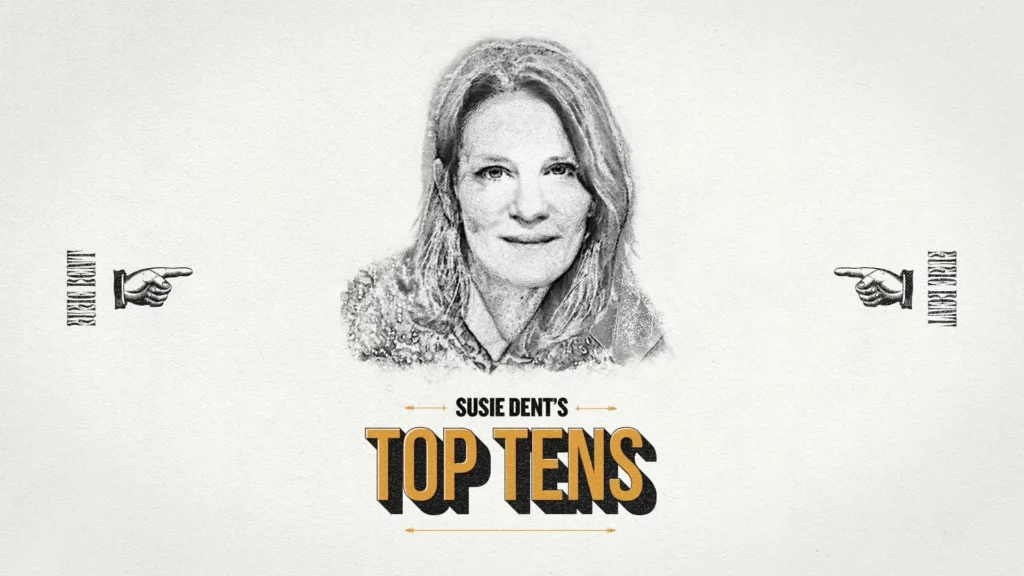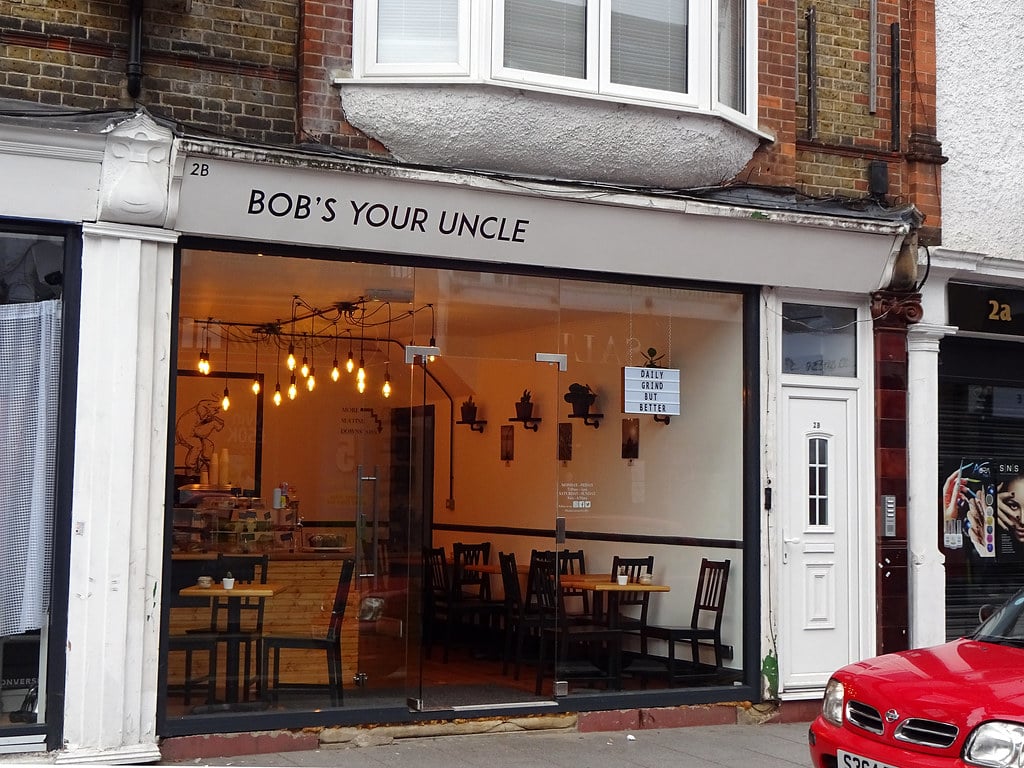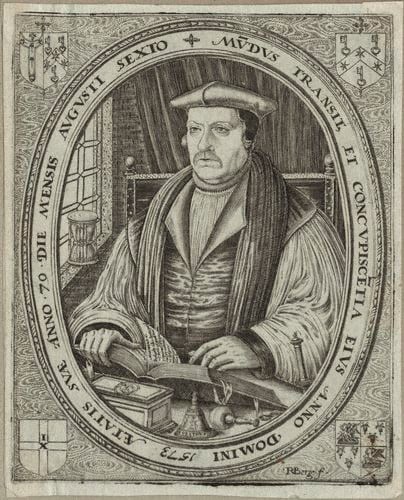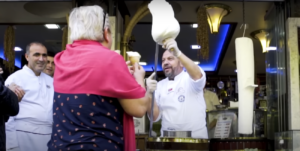From the mysterious Uncle Bob to the real McCoy and an intelligent Alec, the English language has plenty of examples of dictionary characters. This week, Susie Dent has picked ten of the best.
It may be a little niche, but I’m a Celebrity, Get Me In the Dictionary has a certain ring to it. It wouldn’t be short of contestants either. From Billy No Mates to Flippin Ada, and Flamin Nora to every Tom, Dick, and Harry, English is full of personalities. And while some names were probably pulled out of the hat as stand-ins for all of us, some belong to real individuals whose stories are definitely worth unpacking. As you’ll see, there is often a bit of a bum-fight between those vying for the fame.

- Jack the Lad
The original Jack the Lad was both an infamous thief and a folk hero. Born the son of a carpenter in 18th-century London and brought up in a Bishopsgate workhouse, Jack Sheppard fell into crime at an early age. His real notoriety however stemmed from his many and spectacular escapes from prison, despite increasingly elaborate attempts to keep him there – it is said that on one occasion he managed to defy the authorities despite being handcuffed and manacled to the floor.
Such daring ingenuity clearly captured the public imagination – Sheppard became a wildly popular and flamboyant hero of the poorer classes. When the authorities finally caught up with him he was hanged at Tyburn, in front of a crowd of some 200,000 spectators.
2. go like billy-o
There is something quintessentially British about going at something ‘like billy-o’. But did the creator of the phrase have a particular Billy in mind? It turns out there is no shortage of theories as to who their inspiration was. Candidates range from Joseph Billio, a 17th-century rector of Wickham Bishops, Essex and the first Nonconformist minister of Maldon, known for his passion and energy; Nino Biglio, one of Garibaldi’s lieutenants, who it is said would dash keenly into battle shouting, ‘I am Biglio! Follow me, you rascals, and fight like Biglio!’ and finally Puffing Billy, an early steam locomotive. Despite the colour of all of these, the most likely explanation is that ‘Billy’, a pet form of William, is simply a substitute for ‘the devil’, so that when we run at something like Billy-o, we are running at it like the devil.

3. Bob’s your uncle
The most popular theory about the saying ‘Bob’s your uncle’ – meaning ‘you’re all set’ – is that it comes from an act of political nepotism. It is said that the Prime Minister of the 1880s, Robert Cecil (Lord Salisbury), appointed his young and inexperienced nephew Arthur Balfour to a number of posts, including Chief Secretary for Ireland, in favour of others more eligible for the roles. This did not go down well with the electorate, who decided that if Bob was your uncle, then you could have pretty much anything you liked. It’s certainly a good story, but the expression didn’t emerge until much later, and it’s more likely that the idiom rests on a slang phrase ‘all is bob’, meaning everything is fine and dandy.
4. Fanny Adams
There is more to the expression ‘sweet F.A.’ than meets the eye. The alternative version, still used by older generations, is ‘sweet Fanny Adams’, and it involves one of the grisliest murder cases of Victorian times. In 1867, a 24-year-old solicitor’s clerk named Frederick Baker was arrested for the brutal murder of eight-year-old Fanny Adams, in Alton, Hampshire. Baker abducted Fanny on a hot afternoon near her home and killed her, before cutting up her body into small pieces, some of which were never found. It was thanks to the dark humour of sailors in the Royal Navy, who began to use Fanny Adams for the new and unpopular rations of tinned mutton that were introduced in 1869, that the phrase ‘sweet Fanny Adams’ came to mean ‘not much’ or ‘nothing at all’.
Read More: Susie Dent’s Top Tens: 10 ‘Americanisms’ that aren’t actually American
5. happy as Larry
The delighted Larry in question is often thought to be Larry Foley, a renowned 19th-century Australian boxer who retired at 32 and collected a purse of £1,000 for his final fight, presumably making him very happy indeed. There is another contender though, namely a shortening of an Australian word ‘larrikin’, meaning a mischievous and fun-loving child.
6. Not on your Nelly
The full version of this expression, used to mean ‘no way’, is ‘not on your Nelly Duff’, in which ‘Nelly Duff’ was rhyming slang for ‘puff’. The ‘puff’ in question was the puff or breath of life, making ‘not on your Nelly’ the equivalent of ‘not on your life’. As for who the original Nelly Duff was, no one quite knows, but the name may simply have been the basis for a convenient rhyme.
7. Nosy Parker
No one likes a Nosy Parker. It’s often said that the inspiration for the name was Matthew Parker, Archbishop of Canterbury in the reign of Elizabeth I. It’s said he was well known for sending out detailed inquiries relating to the conduct of his diocese, and was consequently regarded as a bit of a busybody. However, once again the dates don’t quite fit, since ‘nosy Parker’ is not recorded before 1890. We do know that the phrase was popularized by the caption of an early 20th-century postcard ‘The Adventures of Nosey Parker’, featuring a peeping Tom in Hyde Park.

8. Smart Alec
This insult for a smart-ass know-it-all goes back to at least the 1860s. Some believe the man in question to be Aleck Hoag, a notorious pimp, thief and confidence man in New York in the 1840s, who was dubbed ‘smart Alec’ by the NYPD because he was too smart for his own good.
9. The real McCoy
This expression for ‘the real deal’ has been variously attributed to a famous cattle baron, a Prohibition-era rum dealer, and the American boxer Kid McCoy, so popular that he inspired numerous lookalikes and so had to advertise himself as ‘the real McCoy’. The earliest examples we have, however, refer not to a McCoy but a Mackay, specifically Messrs G Mackay and Co. who were popular whisky distillers in Edinburgh. ‘A drappie o’ the real MacKay’ was a slogan advertising the strong stuff in the late 1800s.
10. Gordon Bennett
Although now a little dated, ‘Gordon Bennett’ is recognizable to most of us as an expression of surprise, incredulity, or exasperation. The real Gordon certainly existed, in the form of James Gordon Bennett Jr., the son of a newspaper magnate and an international playboy. His giddy exploits certainly propelled his name into the news, but it was as a useful and euphemistic sidestep for ‘gorblimey’ that he achieved lasting fame in the dictionary.





